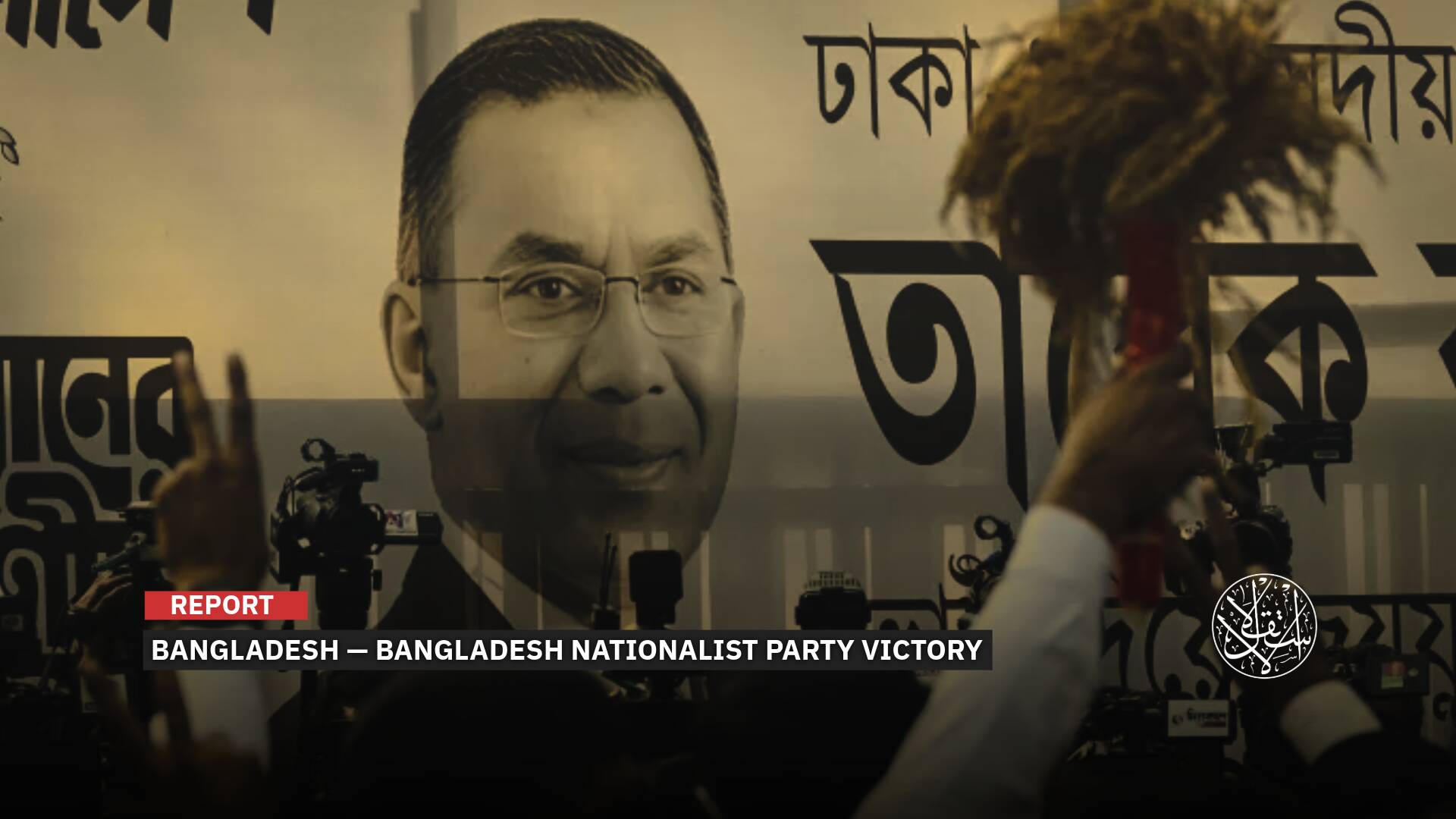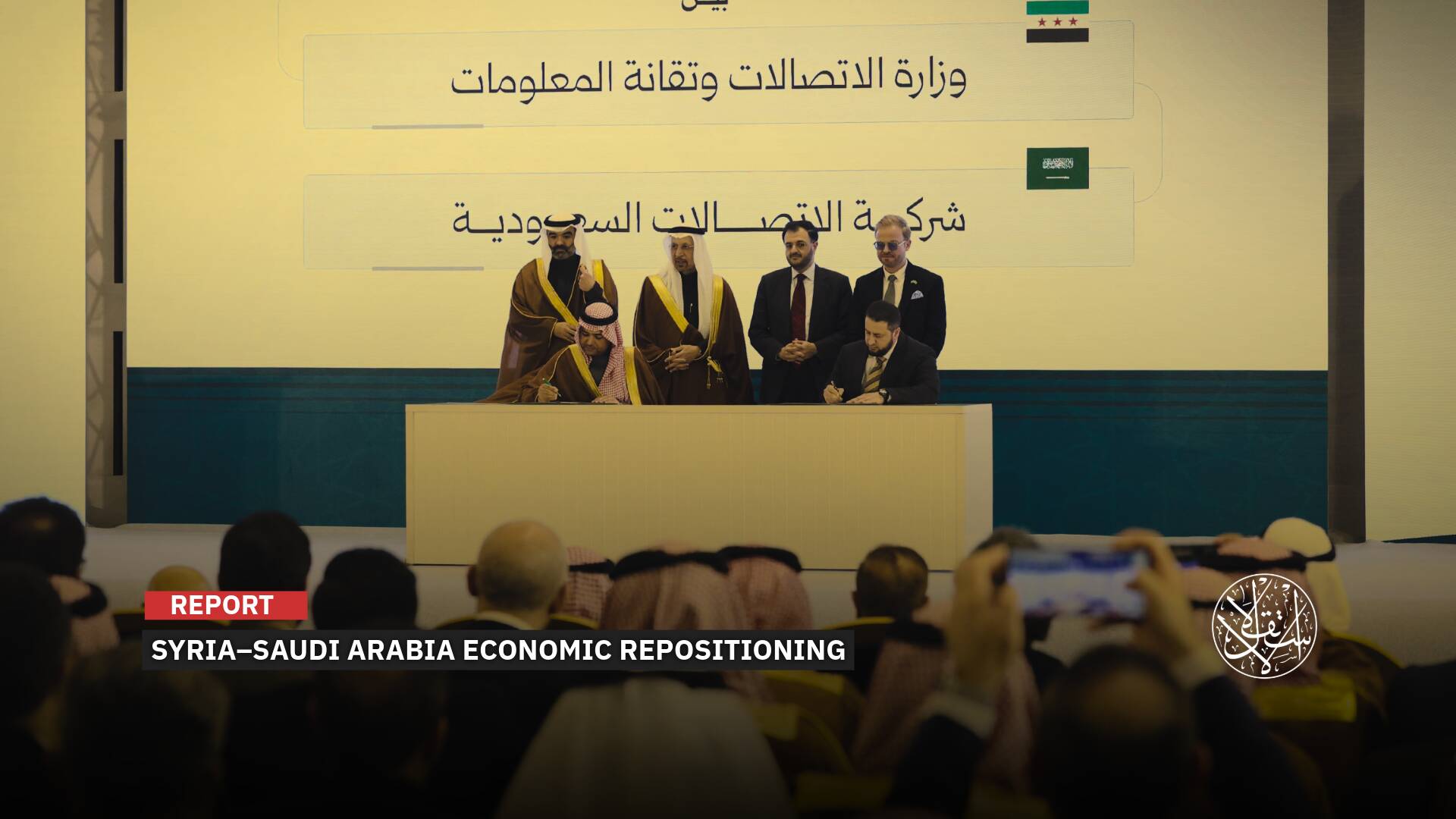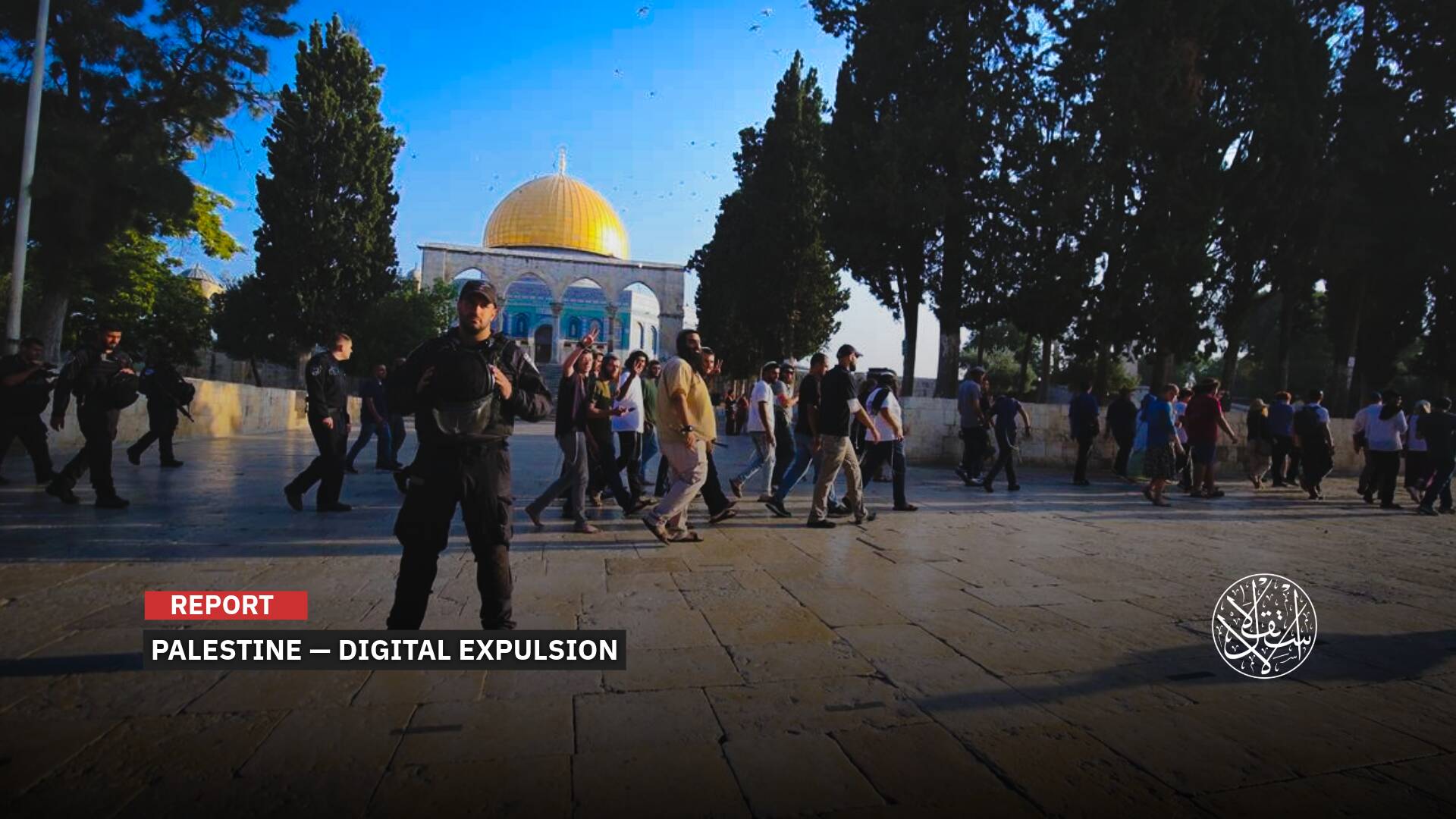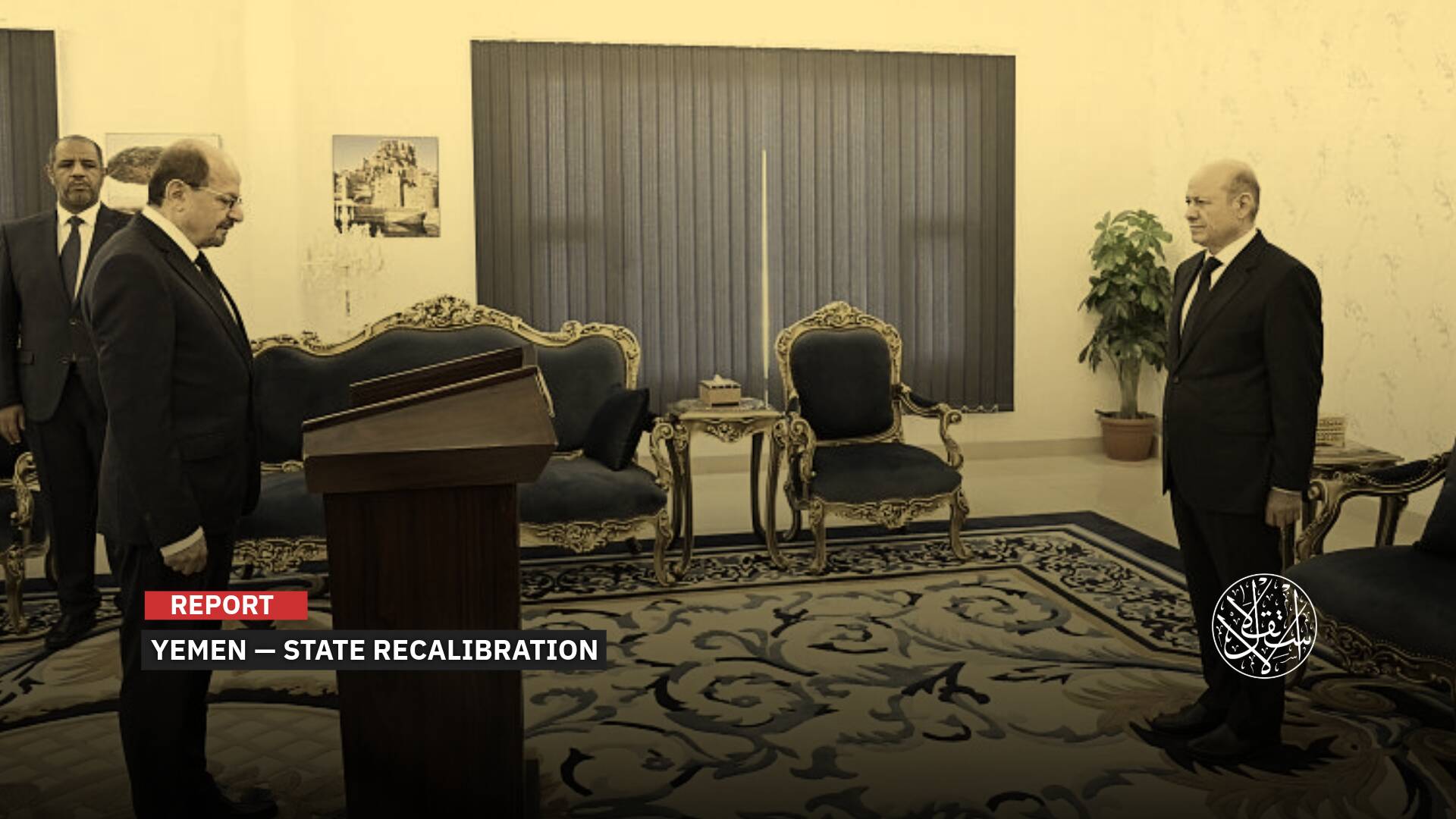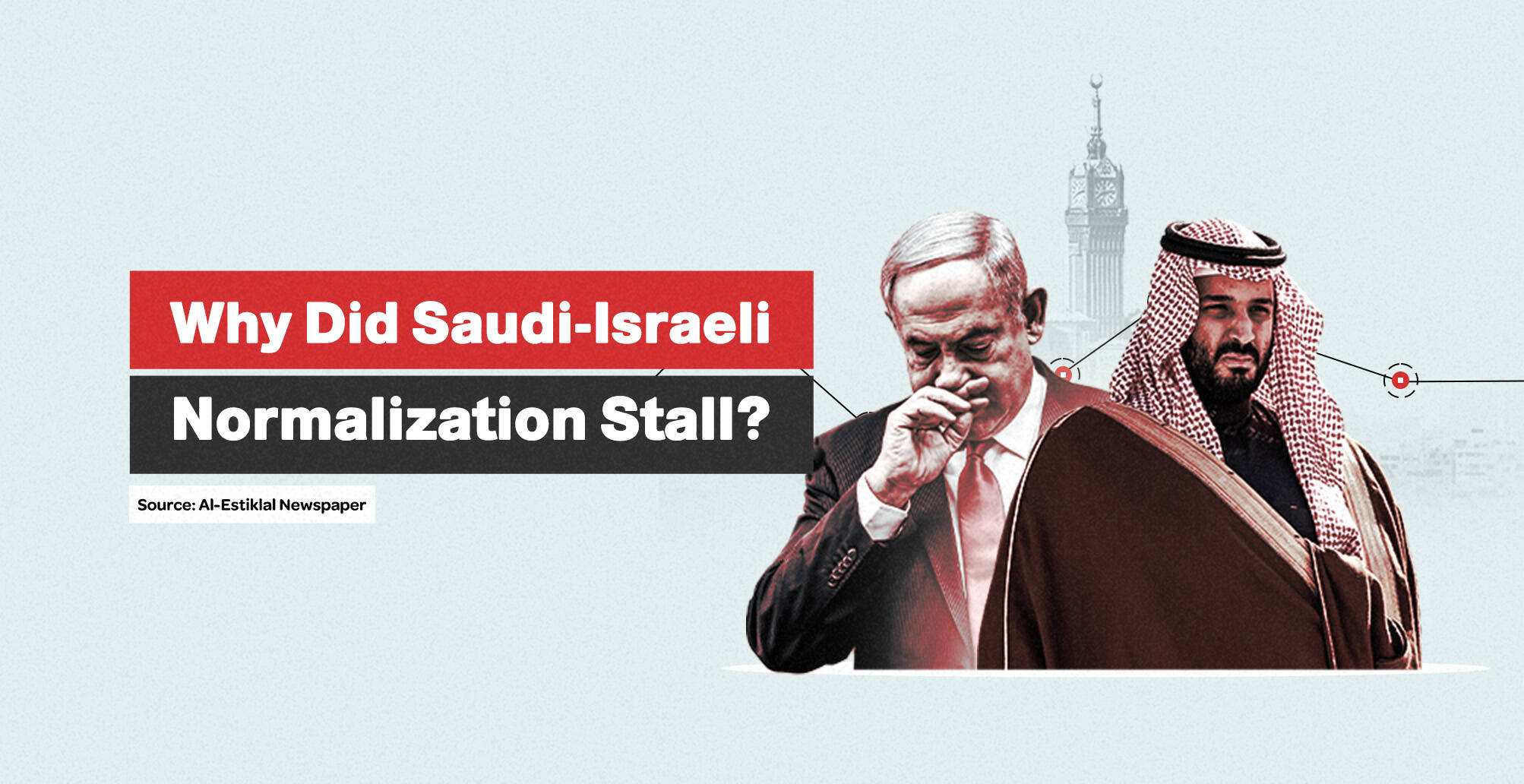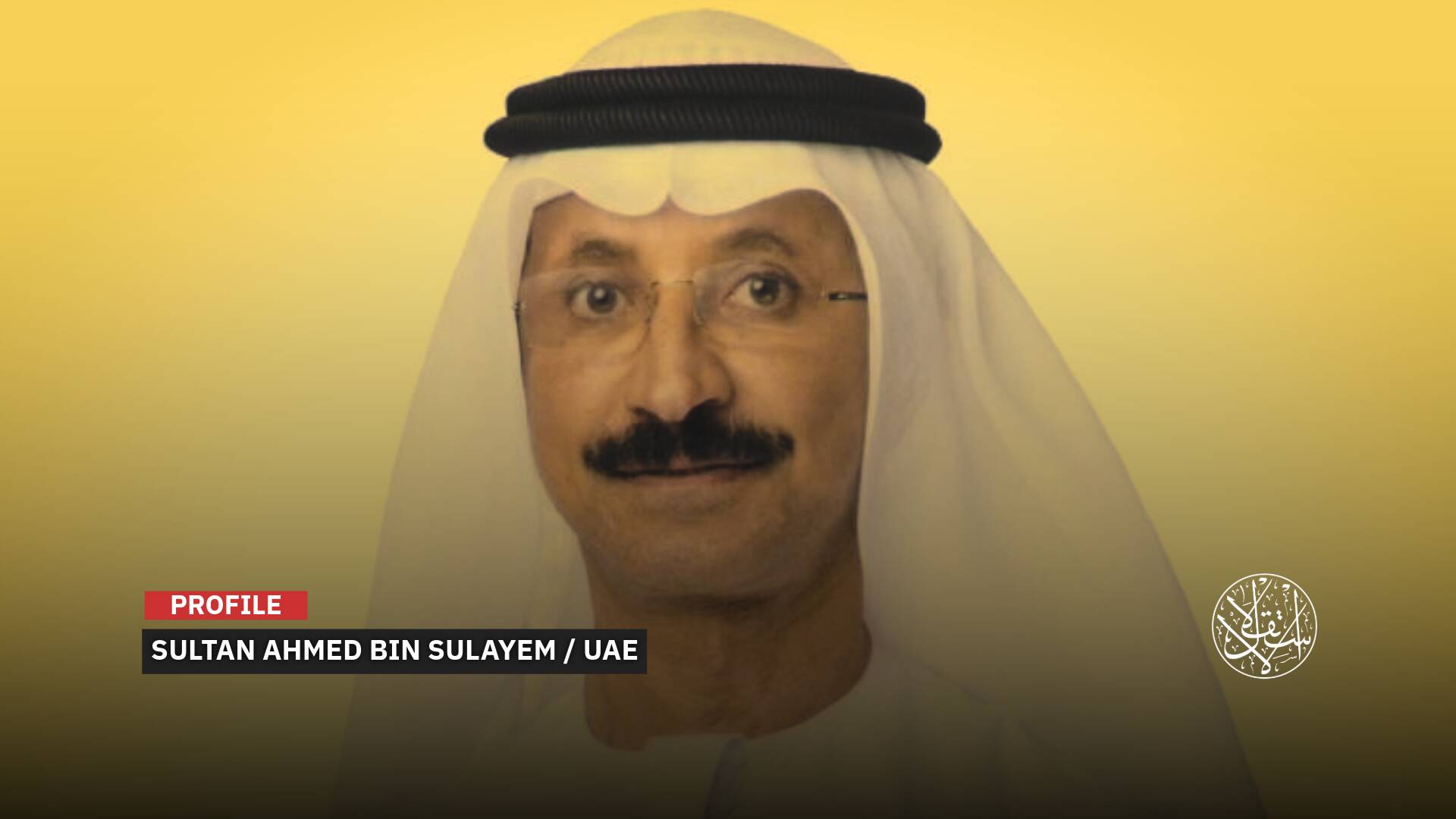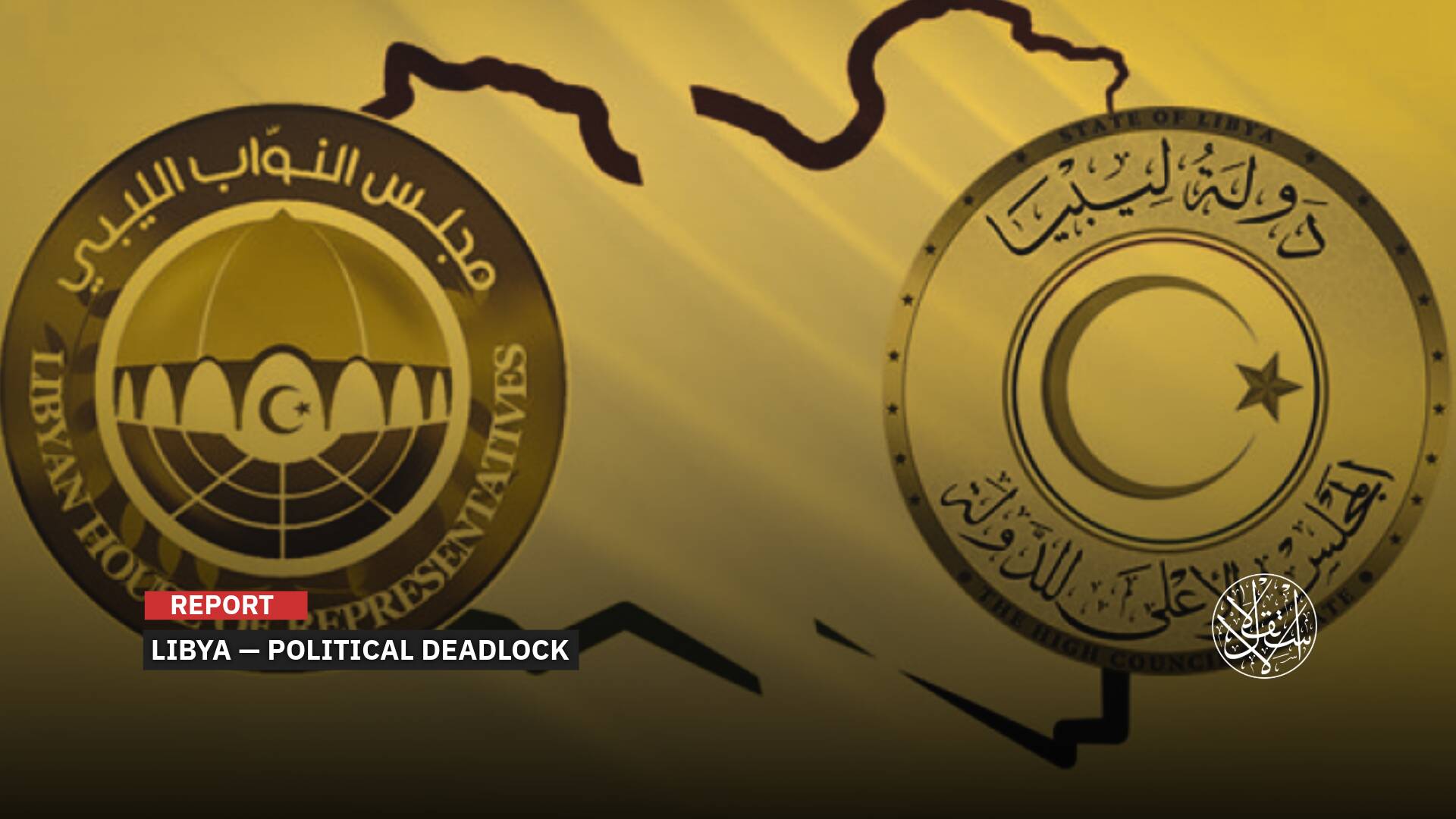Why Is the Russian Defense Minister Visiting North Korea Now?

As the war in Ukraine rages on, North Korea welcomed high-level delegations from Russia and China this week to celebrate the 70th anniversary of the end of the Korean War, a show of solidarity among countries that share a common adversary: the United States.
The Russian defense minister, Sergei Shoigu, and a senior Chinese Communist Party official, Li Hongzhong, delivered letters from their respective presidents, Vladimir Putin and Xi Jinping, to the North Korean leader, Kim Jong Un, who held “friendly conversations” with them, according to official media reports.
Shoigu also accompanied Kim to a defense exhibition, where they inspected North Korea’s latest weapons, including nuclear-capable ballistic missiles that are banned under United Nations sanctions.
The display was a defiant gesture toward Washington and its allies, who have been trying to revive stalled talks on dismantling North Korea’s nuclear arsenal.
First Visit
The visit by Shoigu was the first by a Russian defense minister to North Korea since the collapse of the Soviet Union in 1991.
It underscored the deepening ties between Moscow and Pyongyang, which have been bolstered by their mutual support for each other’s actions in Ukraine and on the Korean Peninsula.
North Korea has repeatedly expressed its backing for Russia’s military intervention in Ukraine, accusing the West of pursuing a “domination policy” that threatened Moscow’s security interests.
The Biden administration has previously alleged that North Korea has provided weapons to Russia to assist its war effort, a charge that both countries have denied.
In his letter to Kim, Putin congratulated him on the anniversary of “defeating the enemy” in the Korean War, which is celebrated in North Korea as Victory Day.
He also praised the contributions of Soviet soldiers who fought alongside the North Koreans against the American-led forces.
Putin said that the experience had laid the foundation for good relations between Russia and North Korea in the face of Western pressure, and referred to Pyongyang’s backing for Moscow in its conflict with Ukraine.
“In the face of modern threats and challenges, it is especially important to preserve and increase the glorious traditions of friendship, good neighborliness, and mutual assistance,” Putin wrote.
The Chinese delegation, led by Li, who is a member of the party’s Politburo and its secretary for Tianjin, also delivered a letter from Xi to Kim.
The letter’s contents were not disclosed, but it was likely to reaffirm China’s role as North Korea’s main ally and economic lifeline.

Easing Sanctions
China and Russia have both advocated for easing sanctions on North Korea as an incentive for resuming dialogue with the United States.
They have also opposed any military action or regime change on the Korean Peninsula, which they see as a vital buffer zone against American influence in the region.
The two Koreas remain technically at war, as no peace treaty was signed after an armistice halted hostilities in 1953.
The anniversary of the armistice is usually marked by huge military parades in Pyongyang, but this year’s event was scaled down because of the Covid-19 pandemic, which has isolated North Korea from the rest of the world.
Russia’s Defense Minister Sergei Shoigu visited North Korea on Monday, leading a high-level delegation that included officials from the foreign ministry, the military, and the intelligence service.
The visit, which coincided with a trip by China’s Foreign Minister Wang Yi to Pyongyang, raised concerns in Washington about the possibility of closer ties between Moscow, Beijing, and the isolated regime of Kim Jong Un.
Shoigu’s role as the head of the Russian delegation was seen by some analysts as a sign of his diminished status in the Kremlin amid criticism of his handling of the war in Ukraine.
Simon Miles, a historian of the Soviet Union at Duke University’s Sanford School of Public Policy, told Business Insider that Shoigu’s assignment to North Korea was “certainly a public punishment” and that firing him now would look like President Vladimir Putin’s capitulation to the demands of Yevgeny Prigozhin, a powerful oligarch and warlord who has been challenging Shoigu’s authority.
Shoigu inspected North Korean missiles and other military hardware during his visit and discussed with his counterpart Pak Jong-chon ways to enhance bilateral defense cooperation.
He also met with Kim Jong Un and delivered a personal letter from Putin, expressing his support for North Korea’s efforts to achieve peace and stability on the Korean Peninsula.

Growing Tensions
The Russian visit came amid growing tensions between the United States and its allies on one hand, and Russia and China on the other over, issues such as Ukraine, Taiwan, and human rights.
John Kirby, the White House coordinator on the National Security Council for strategic communications, said Putin was seeking support from other countries for his war in Ukraine, where he faces problems with his defense purchases and his stockpile.
Kirby did not directly answer a question about whether Shoigu’s visit was related to importing weapons from North Korea, but he said it was clear that Putin’s army was still weak.
The U.S. State Department expressed its concern about the relations between Moscow and Pyongyang, especially after reports that North Korea had shipped weapons, including infantry missiles and rockets, to Russia for use in Ukraine.
Both Russia and North Korea denied these allegations, but Washington said it had evidence to back them up. Vedant Patel, deputy spokesman for the State Department, said Washington was “very concerned” about any actions that could undermine the global non-proliferation regime.
Some experts said North Korea was trying to take advantage of the U.S. confrontations with China and Russia to break out of its diplomatic isolation and join a united front against Washington.
They also said that Russia’s acceptance of North Korea’s nuclear weapons program was evident from Shoigu’s inspection of its missiles.
Artyom Lukin, from the Russian Far Eastern Federal University, said that this may indicate that the current geopolitical circumstances have begun to undermine Russia’s long-term interest in maintaining the global non-proliferation regime.
He added that the simultaneous visits by senior officials from Russia and China were a sign of reviving the old alliance that existed between them and North Korea in the late 1940s and 1950s, although he said it was likely to be led by Beijing rather than Moscow this time.
Moscow and Beijing have previously blocked U.S. efforts to tighten UN Security Council sanctions on North Korea over its series of missile tests since 2022.


